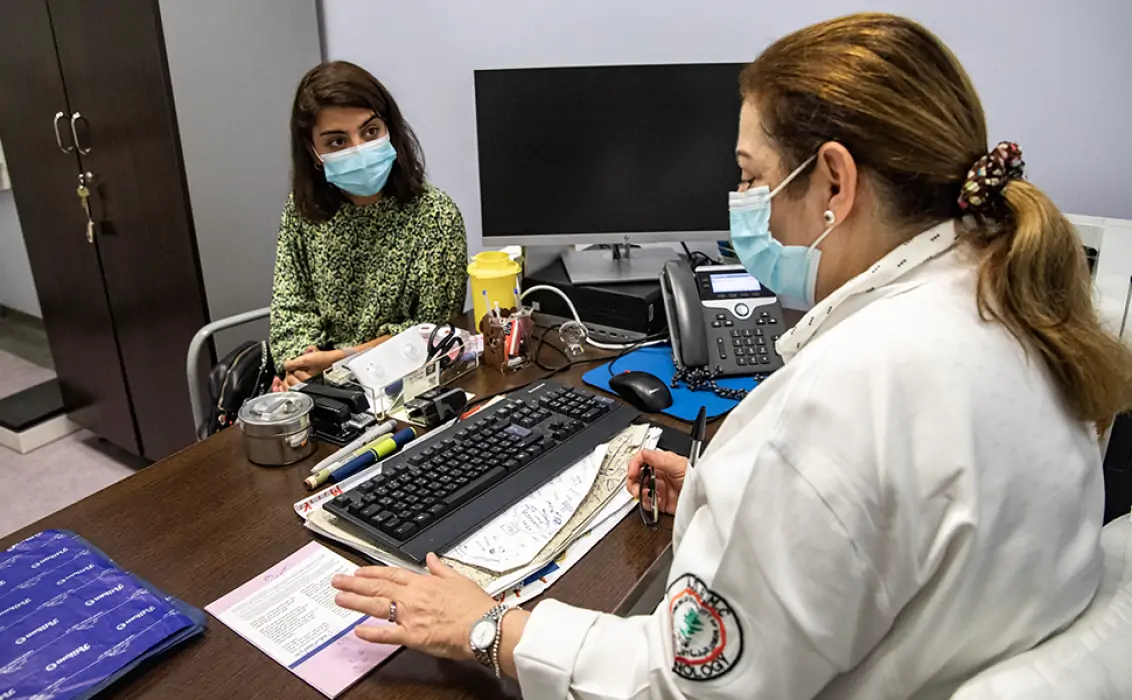Ahead of World Diabetes Day on 14 November, The Lancet has published a new report calling for action to close the gap in diabetes prevention and care. Worldwide, 463 million people have diabetes, with 80% from low-income and middle- income countries (LMICs). In 2019, 4.2 million people died as a result of the condition and its complications.
On average, diabetes reduces life expectancy in middle-aged people by 4-10 years and independently increases the risk of death from cardiovascular disease, kidney disease, and cancer by 1.3-3 times. Diabetes is among the leading causes of non-traumatic leg and foot amputations and blindness, especially among people of working age.
The COVID-19 pandemic has highlighted the vulnerability of people with diabetes. People with diabetes are at least two times more likely to experience severe disease or death from the virus, especially in individuals with poorly controlled diabetes, or who have diabetes-related complications. The risk is also exacerbated by social conditions in disadvantaged communities that lead to lower access to care and higher rates of comorbidities.
While effective treatments and prevention strategies exist, barriers to provision and access mean that, in most care settings, their use is scarce. The Lancet Commission on Diabetes brings together 44 leading experts who collaborated for four years to develop a multicomponent, integrated strategy involving the redesign of clinical workflows and training of non-physician personnel to form diabetes teams to support diabetes care with ongoing data collection to inform practices and policies.
Based on a comprehensive analysis of the available data on diabetes care, the Commission summarises the best evidence for effectively managing diabetes, which relies upon six components:
- Sustained weight reduction in patients with obesity by 15kg or more can induce remission of type 2 diabetes for up to 2 years
- Reducing blood sugar levels (HbA1c) by 0.9% (10 mmol/mol), systolic blood pressure by 10 mm Hg, LDL cholesterol concentration by 1 mmol/L (39 mg/dL), or a combination of all three, can independently reduce the risk of cardiovascular disease, all-cause death, or both, by 10–20% in patients with type 2 diabetes
- Reducing multiple risk factors, including by use of statins and renin–angiotensin system (RAS) inhibitors, can prevent cardiovascular-renal events by 20–40% in individuals with or at risk of having diabetes
- Use of SGLT2 inhibitors and GLP-1 receptor agonists can reduce cardiovascular–renal events and death rates by up to 40%, independent of their effect on lowering blood glucose concentration
- Use of data-driven, team-based integrated care through the reorganisation of healthcare provision can reduce cardiovascular and all-cause death in patients with type 2 diabetes by 20–60%
- Implementing a structured lifestyle intervention and use of metformin can each prevent or delay type 2 diabetes in individuals with impaired glucose tolerance by 30–50%
Commenting on the report, lead author Professor Juliana Chan, The Chinese University of Hong Kong, stated: “By protecting our environment, changing our practice, and empowering our communities, we can reduce the burden of diabetes as a root cause of many noncommunicable diseases. The diabetes epidemic is a calling that concerns all of us, as everyone has contributed to the ecosystem in one way or another to fuel the epidemic. As such, we all have the collective responsibility to rise to this challenge to sustain our environment and to use our finite resources wisely to preserve humanity. The global challenge of diabetes transcends political, economic, social, and technological domains.”
Access the full report here.



